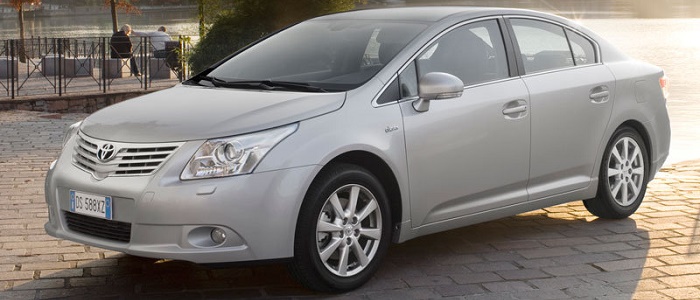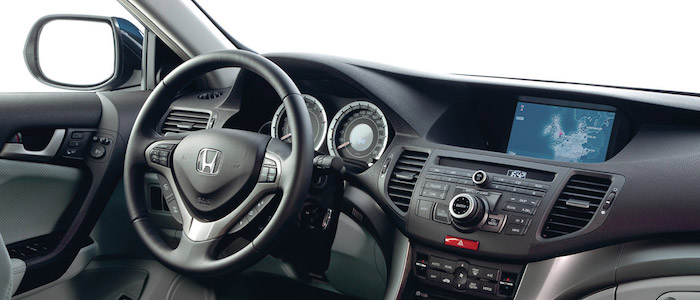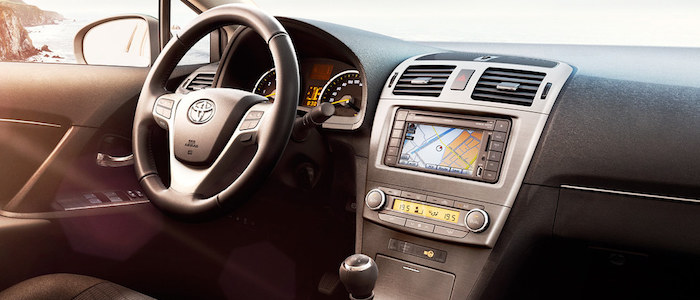Compare two cars
Compare any two cars and get our Virtual Adviser™ opinion
Marketing
Dimensons & Outlines
Engine
Performance (manual gearbox)
Performance (automatic gearbox)
Expenses
Virtual Adviser's™ opinion
Well, these are two pretty similar cars we have here! It's only details that could potentially make the difference. Considering they both belong to the large family car segment and utilize the same 4-door sedan body style and the front wheel drive system, it all comes up to the specific petrol engine choice they offer. The first one has a Honda-engineered powertrain under the hood, a 4-cylinder, 16-valves 201hp unit, while the other one gets its power and torque from a 4-cylinder, 16-valves 152hp engine designed by Toyota.
SafetyA starting point here would be to take a look at the results from European New Car Assessment Programme (Euro NCAP) tests which were performed on both of the cars, with the same number of safety stars gained in the process. Moving further on, let's take a closer look at some additional safety-related facts. Both vehicles belong to the large family car segment, which is generally a good thing safety-wise, but that fact doesn't break the tie between the two cars. Furthermore, taking kerb weight as an important factor into account, Accord offers a marginal difference of 8% more metal.
ReliabilityI don't like generalizing things when it comes to reliability, although it does seem that Honda does have a slight advantage, when all the models are taken into account. These are the official statistics, while our visitors describe reliability of Honda with an average rating of 4.7, and models under the Toyota badge with 4.6 out of 5. Independent research findings rank Accord as average reliability-wise, and Avensis is more or less at the same level.That apart, owners of different cars powered by the same engine as Accord rank it on average as 5.0, while the one under the competitor's bonnet gets 3.0 out of 5.
Performance & Fuel economyHonda is undoubtly more agile, reaching 100km/h in 1.3 seconds less than its competitor. In addition to that it accelerates all the way to 227 kilometers per hour, 27km/h more than the other car. When it comes to fuel economy an obvious choice would be Avensis, averaging around 6.5 liters of fuel per 100 kilometers (43 mpg), in combined cycle. That's 35% difference compared to Accord!
Verdict
Honda is apparently more reliable, not too much, but just enough. The most important thing when deciding between any two vehicles should always be safety, both passive and active. In my opinion, everything taken into account, Accord offers slightly better overall protection and takes the lead. It all continues in the same direction, with Honda being considerably quicker, thus putting more smile on driver's face. It does come at a cost though, and that's the fuel consumption... No mistake, whatever you decide here, but I'd still go for the Toyota. Anyway, that's the most objective conclusion I could've came up with and it's based solely on the information found on this website. Aspects such as design, practicality, brand value and driving experience are there for you to measure them out. I suggest you spend two more minutes in order to find out which car, based on your needs and budget, would be picked by the virtual adviser™, out of 12.000+ vehicles we currently have in our database.
































